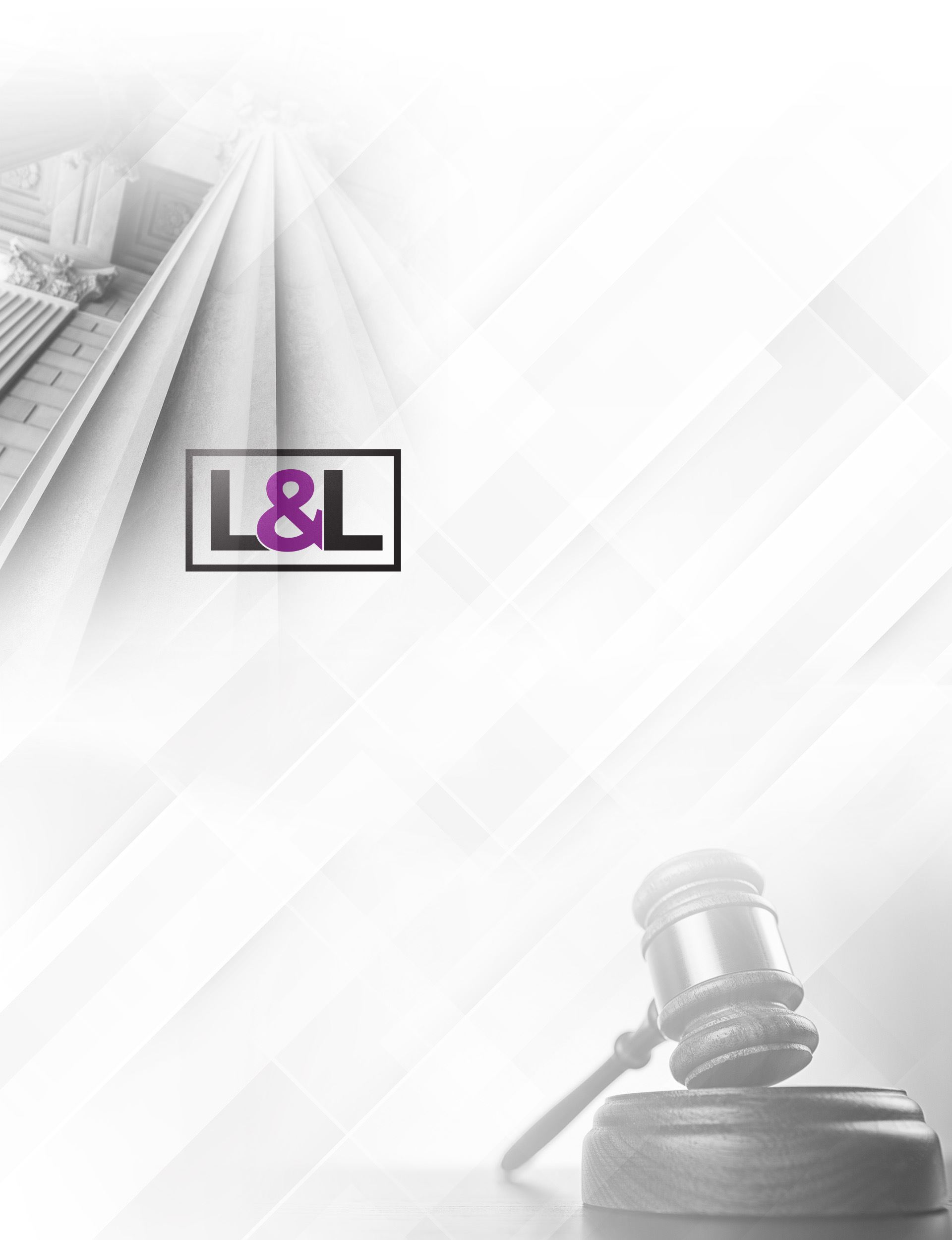
Frequently Asked Questions About DWI Charges
A drunk driving violation can very quickly put your life into disarray. You may be faced with heavy fines, increased insurance premiums, the loss of your driver’s license and the threat of jail time. At our firm, Lerner & Lerner, P.C., we understand the fear and anxiety that can come with a driving while intoxicated (DWI) charge in Nassau County. With so many unknowns on the horizon, you are likely to have some questions — here are some common examples.
What if I refuse to take a breathalyzer test?
If you are pulled over for suspicion of DWI, you cannot be forced to submit to a breathalyzer test. That does not mean, however, that your refusal is devoid of consequences. Due to New York’s implied consent laws, declining a breathalyzer means the immediate revocation of your license. You are also technically breaking the law with this action. If you have refused a breathalyzer test, an experienced attorney can help you navigate your options.
What is an ignition interlock?
State law requires that all individuals who are convicted of DWI must install an ignition interlock in their vehicle. This device measures the blood alcohol content of your breath before you can start your car. You are responsible for the cost of the device and its installation, and it must remain in your vehicle for an amount of time mandated by the court, typically for a minimum of 12 months. It must be installed in any motor vehicle owned, registered, insured or operated by you. If you own multiple cars, this can be a very big expense and inconvenience if these cars remain in your name. Even if you are not eligible for a license, and you have a car in your name, you will be required to install and ignition interlock device in that car.
Is it legal to drive while taking a prescribed narcotic?
Having a prescription for a narcotic medication does not mean that you can drive under its influence. Driving while impaired by a drug is a serious offense that can result in up to one year in jail. Drugs such as Valium, Vicodin and Xanax can seriously hinder your ability to drive, and they should not be taken before operating a vehicle.
What can I do with a conditional license?
If you have been charged with a DWI, you may be given a conditional license after your arraignment. These are granted when your full license has been suspended or revoked, and they allow for a limited set of driving privileges. A conditional license essentially lets you legally drive to your job or school during a required timeframe. Occasions such as medical appointments and picking up your children from day care can also qualify for its use.
Is it worth it to fight a DWI charge?
When you are facing a DWI, there is much at stake, including your livelihood. Every case is different, but a seasoned lawyer can assess your situation and lay out what your options may be. There are several avenues for fighting a DWI, so it is prudent to find out what may work best for your case.
If you are facing charges related to drunk driving in Nassau County, our firm can help. Please contact us today at 516-586-0383 to arrange for a consultation. You can also send us an email by visiting our contact page.


How Are We Different?
Lerner & Lerner, P.C. is here to help you get the results you need with a team you can trust.
-
Proven Track RecordOur attorneys are well-known for helping clients identify realistic legal goals and obtain them. We have successfully handled thousands of cases for our clients and will fight tirelessly to ensure your rights are protected.
-
A Trusted SourceKimberly Lerner is widely recognized in the news media as a trusted authority on numerous legal topics. She is a featured legal correspondent on a variety of national news programs.
-
Award-Winning LawyersBoth Richard Lerner and Kimberly Lerner hold the AV Preeminent* rating from Martindale-Hubbell, the highest distinction given to lawyers in this prestigious peer review.
-
Former ProsecutorsOur experience as Former Prosecutors allows us to understand the prosecution’s position against our criminal defense clients and leverage practical solutions. We are also backed by 70 years of combined legal experience.



